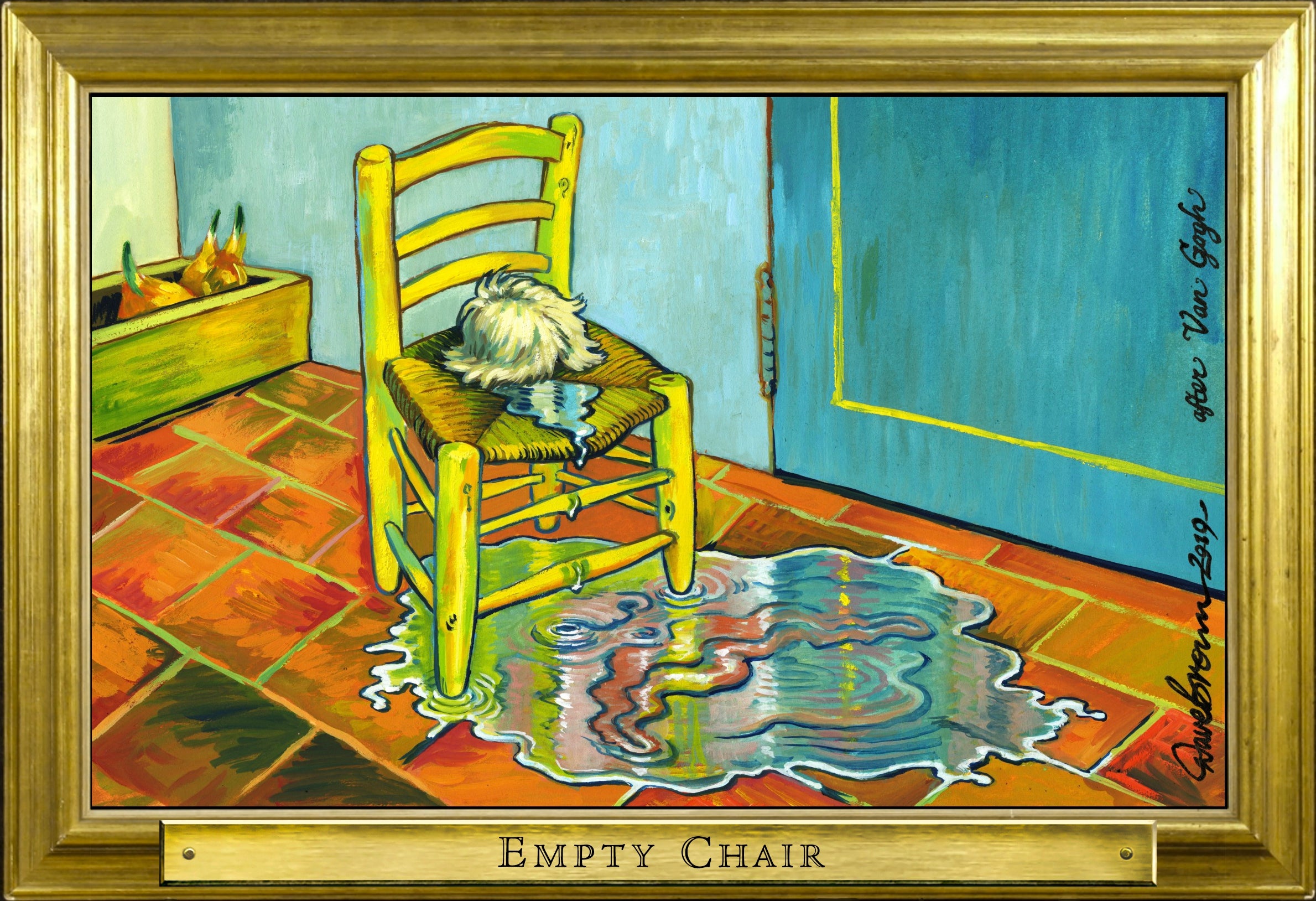These are the issues that should have been debated in this election – but were not
Far more attention has been paid to Labour’s plans to cut rail fares by a third, for example, than to the question of how to decarbonise the whole of our transport system

People often complain about negative campaigning in politics, but this has been an unusually negative election.
Although there are high levels of engagement – a record number of voters think this election is “very important” to them and their families – they are matched by high levels of frustration at the choices on offer.
If you want to cast your vote on the question of leaving the European Union, or the general levels of taxes and public spending, then this might be the election for you. But if you care about almost anything else, then the chances are the subject will have barely featured in this campaign.
The most striking omission from the debates has been the climate crisis. Far more attention was paid to the Labour Party’s plans to cut rail fares by a third than to the question of how to decarbonise the whole of our transport system.
Shifting a negligible amount of traffic from road to rail is not going to cut carbon outputs. The only credible solution is electric vehicles powered by renewably generated electricity. So, good for Jo Swinson and her electric battle bus, and congratulations to Labour for picking up the Friends of the Earth seal of approval for the best green manifesto.
It is true that Labour seems to have done more of the hard policy work on what decarbonising our economy means than the other parties – including, surprisingly, the Green Party. But even Labour seems torn between taking part in the utopian Dutch auction of setting a target date for zero carbon and engaging in the practical questions of how the entire population can change the way it keeps its homes warm.
Which brings us to the next big subject that has not been debated in this election campaign but should have been: housing. Some commentators predicted, after the last election, that no party could ever go to the polls again without a credible plan to give young people the hope of a home of their own. The swing to Labour among private renters and the popularity of free tuition – student loans being felt as a burden on a generation unable to save to buy a home – seemed likely to prompt the Conservatives to take the subject seriously this time.
No such luck. Housing, and intergenerational fairness, has been forgotten in the manic determination to resolve Brexit. The question of social care – the issue that derailed Theresa May’s campaign at the last election – has just been shoved aside again.
Finally, poverty. It seems extraordinary that Jeremy Corbyn, a lifetime campaigner for radical socialism, should be so negligent about the plight of the poor. The Labour manifesto promises substantial sums to repair the benefit system, but once again the Institute for Fiscal Studies says it is the Liberal Democrat programme that would do most for the worst-off.
We wish there could have been a serious debate at this election about how best to deal with the problems of benefit sanctions, the switch to universal credit and food banks. We would have liked to hear more from all the parties about how, in practical terms, they plan to reduce rough sleeping, recognising that it is more a problem of mental health than of housing.
It is not too late for some of these issues to be addressed, but we fear that when we look back at this election we will see it as a decision made but so many opportunities missed.
Join our commenting forum
Join thought-provoking conversations, follow other Independent readers and see their replies
Comments